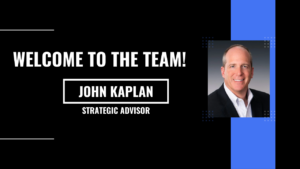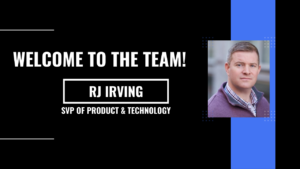October 13, 2022
Bhupendra Rathod
Zeke Testa is a model case study for the experience that we are trying to give our candidates at Shift Group. Zeke was an All-American goaltender for the Babson College Beavers and developed habits and behaviors during his playing days that have served him well as a sales professional. Zeke has had such a strong run that he was able to leverage his sales success to put down roots for his family in his beloved hometown of Wellesley, MA.
Slow down to go fast.
Most people who get into sales enter at the same point, the BDR role. BDR’s are the tip of the spear for sales organizations. The first time a prospect spends any time with someone from your company it is usually a BDR. The role is one of the most challenging roles in all of the business, which is why when most people land the job, they are already thinking about how to get promoted as quickly as possible. Zeke cautions us to slow down.
Being a BDR is the best training ground to become a great AE. The six or twelve months that you spend as a BDR will be an intense boot camp of learning how to sell. If you land at the right company, during this short window, you’ll become an expert in account research, using technology to support your selling, starting conversations, and booking meetings. No sale can happen without a booked meeting. Don’t rush through this period. Sit still and soak up the lessons and the exposure. You’ll supercharge your earning potential when you move into a closing role.
Just like in your sports career where you consumed all of the resources at your disposal (trainers, instructors, specialty coaches, meal plans, extra time on the ice, film room), take the same approach to getting started in sales. A career in sales is a marathon, not a sprint. The people who succeed over the long term are able to put one foot in front of the other for long stretches amidst obstacles.
You work for your team, not the other way around.
After a successful stint as a BDR, you’ll move into a closing role. The AE seat. This is an opportunity for you to use the skills that you developed as a BDR to start making money. After some success as an AE, you’ll start planning where you’d like your career to go. In our experience, your gut will tell you if you want to lead a team or continue being an individual contributor. There are pros and cons to each path and they are highly personal. What matters to you, may not matter to another person. If you decide to become a leader, Zeke tells us that the initial urge is to “spew” everything you learned as a rep. Show your team how good you were as a rep. Teach them to be like you. He got snared into the trap when he first became a sales leader.
Hard-earned lessons for new leaders:
- Observe and listen to your people
- Learn how they operate
- Allow them to do the job their way
- Figure out what drives them (money? sense of fulfillment? validation?)
- Take everything you learn from watching and listening to your people and make a custom success plan for each person
- Lead them in the most effective way for them. It will be different for each person.
Every day you are preparing for your shot/
Zeke’s favorite memory from his sports career at Babson was during his senior year. The team had recruited an incredible freshman goalie (shoutout to Jamie Murray) who took over the starting job two games into the season. Zeke, a senior captain, was now backing up a freshman and the team was rolling. If you’ve ever been in this position, you know how easy it would be to fade into the background and get lost in showing up and going through the motions every day. Zeke decided early that he was not going to alter his approach. He lifted weights after games, took extra shots, he committed to being a great leader and teammate. Later in the season, when Jamie had a tough start, Zeke was ready to take back his job. It’s a lesson in discipline and mental toughness that has served Zeke well long after his hockey career.


